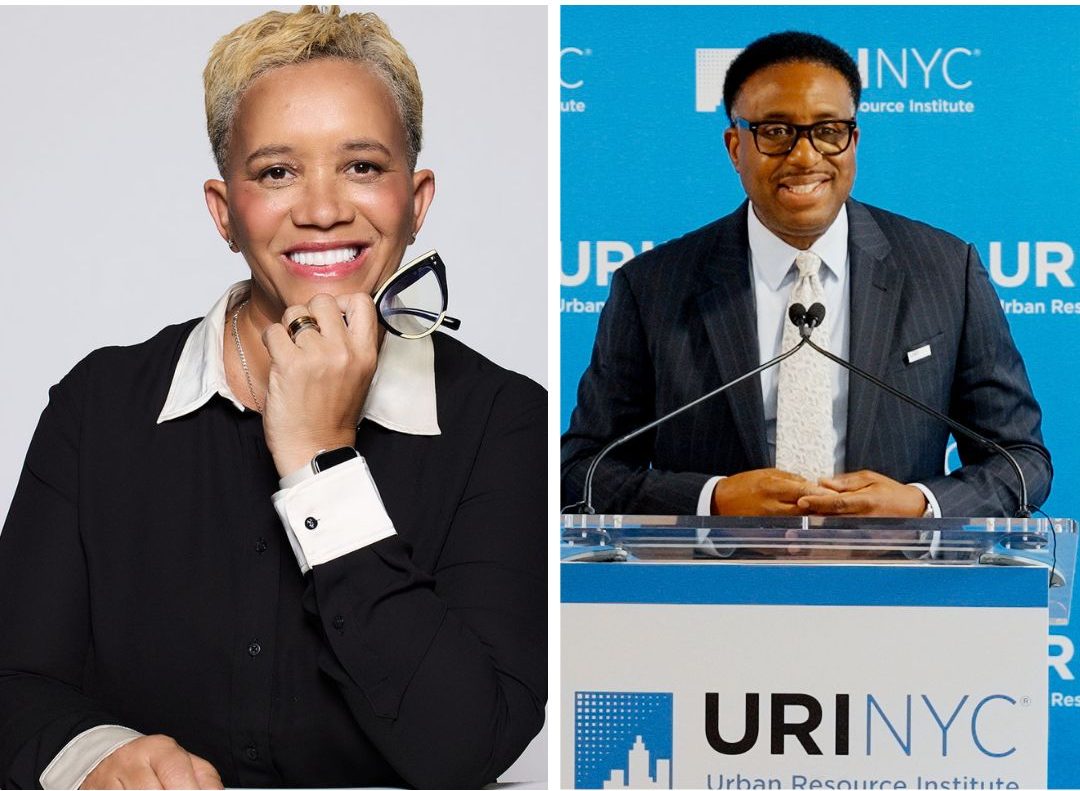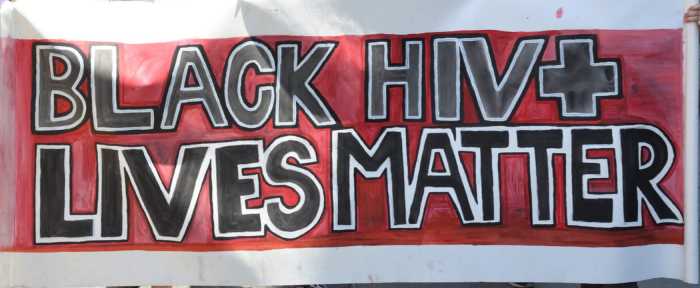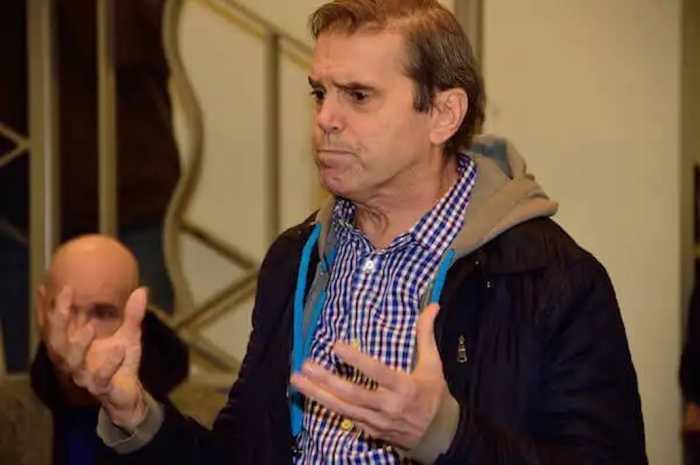The choice to leave an abusive relationship is one of the most complicated and dangerous decisions a survivor can make. Urban Resource Institute (URI) and The Lesbian, Gay, Bisexual & Transgender Community Center (The Center) are dedicated to ensuring that, once a survivor decides to leave, they have a safe place to go.
Domestic violence (DV) is a shadow epidemic. While rates of other violent crime have decreased, domestic violence rates remain dangerously high in New York and nationwide. This is particularly true in marginalized communities, including among Black, Hispanic, and LGBTQIA+ populations.
At the same time, the number of survivors without children in need of shelter has increased precipitously. According to data from the New York City Domestic Violence Hotline, in 2023 more than 50% of all callers seeking shelter were single survivors without children, yet only 8% of the city’s shelter units are for singles. This lack of single units reflects an outdated understanding that DV survivors are primarily women with children.
As a result, LGBTQIA+ survivors who do not have children with them when they present for shelter — and other survivors without children — are turned away from shelter at alarming rates. According to Hotline data, only 18% of survivors without children were connected to shelter, compared to 72% of survivors with one child and 66% of survivors with two children.
Survivors without children are effectively locked out of DV shelter and have few options remaining. They are either forced into the homeless shelter system, which may not be culturally competent to provide affirming and trauma-informed care or onto the streets. Or they remain in dangerous — and often, deadly — situations. This stark reality led the US Department of Justice to award URI and The Center a $600,000 grant to pilot an innovative rapid rehousing initiative for LGBTQIA+ survivors, coupled with comprehensive support services to enhance long-term housing and financial stability.
Yet the challenge persists because in addition to the existing lack of single units, our state uses an outdated formula to reimburse providers for shelter stays: Providers, already operating at the margins, would lose significant revenue by placing a single survivor in a double occupancy room. Over time and given the growing number of single survivors in need of shelter, this could significantly undermine providers’ capacity to deliver services and accommodate other survivors in need.
The SAFE Shelter Act offers a simple yet critical solution.
The SAFE Shelter Act will ensure vital access to safety for survivors without children, including numerous LGBTQIA+ individuals served by The Center and other LGBTQ+ providers. Sponsored by State Senator Andrew Gounardes and Assemblymember Andrew Hevesi, and backed by numerous organizations statewide, this bill would modify the current reimbursement model. This adjustment would empower service providers to reduce access barriers to DV shelter for LGBTQIA+ single survivors without the risk of financial instability.
This legislation offers a clear path to significantly expand shelter access for our most vulnerable populations. Opportunities for policy makers to make such a swift and profound impact on safety are rare. The SAFE Shelter Act represents such a chance. With a simple signature, Governor Hochul has the power to immediately improve access to safety for marginalized and exceptionally vulnerable survivors.
URI and The Center join the tens of thousands of New Yorkers that we serve each year to urge the governor to sign the SAFE Shelter Act into law today and provide survivors without children — like so many LGBTQIA+ survivors — with a fighting chance at safety.
Nathaniel M. Fields is the CEO of Urban Resource Institute (URI) and Dr. Carla Smith is the CEO of The Lesbian, Gay, Bisexual & Transgender Community Center (The Center).





































